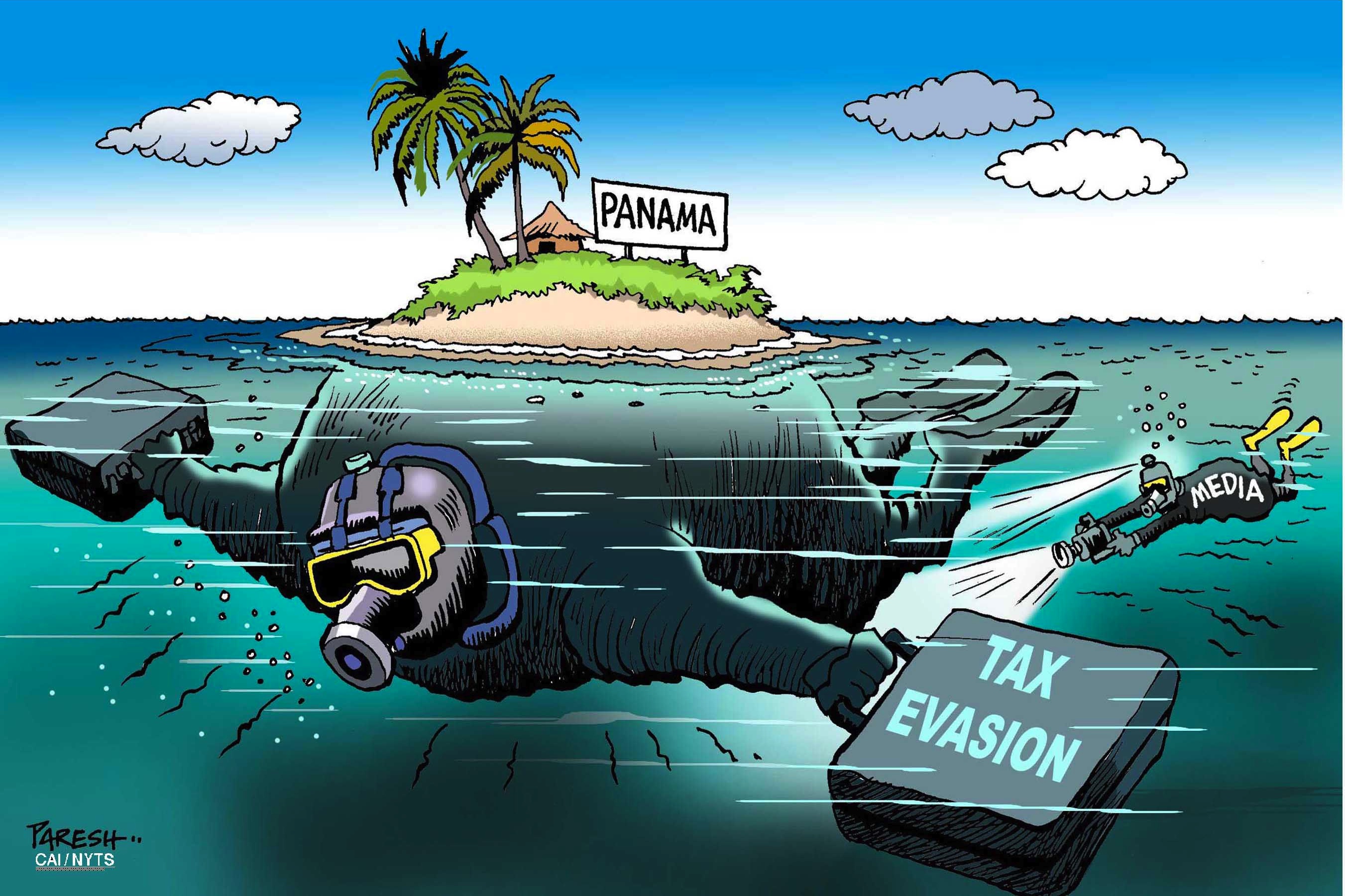U.K. Prime Minister David Cameron didn't lie. He's not accused of being a tax cheat. Unlike his Icelandic counterpart, he didn't have financial holdings that presented an obvious conflict of interest. Even so, he's in trouble.
Cameron is under attack for revelations that he benefited, albeit legally, from shares in a fund his stock-broker father had set up in Panama. Cameron is unlikely to lose his job, as Iceland's Sigmundur David Gunnlaugsson did, but his reputation is taking a hammering. That's no small problem so soon before a critical vote on European Union membership, in which he is asking Britons to trust his judgement and vote to remain inside the bloc.
The ferocity of this reaction may look odd from outside the United Kingdom. Over in Russia, reports that some $2 billion have been stashed in offshore accounts and shell companies by a group of President Vladimir Putin's closest friends have received a dismissive collective shrug. Russians expect their leaders to enrich themselves. In Britain, the news that a privileged prime minister made £19,000 ($27,000) with all taxes paid has sparked paroxysms of outrage. As the Financial Times' Robert Shrimsley caustically put it:


















With your current subscription plan you can comment on stories. However, before writing your first comment, please create a display name in the Profile section of your subscriber account page.